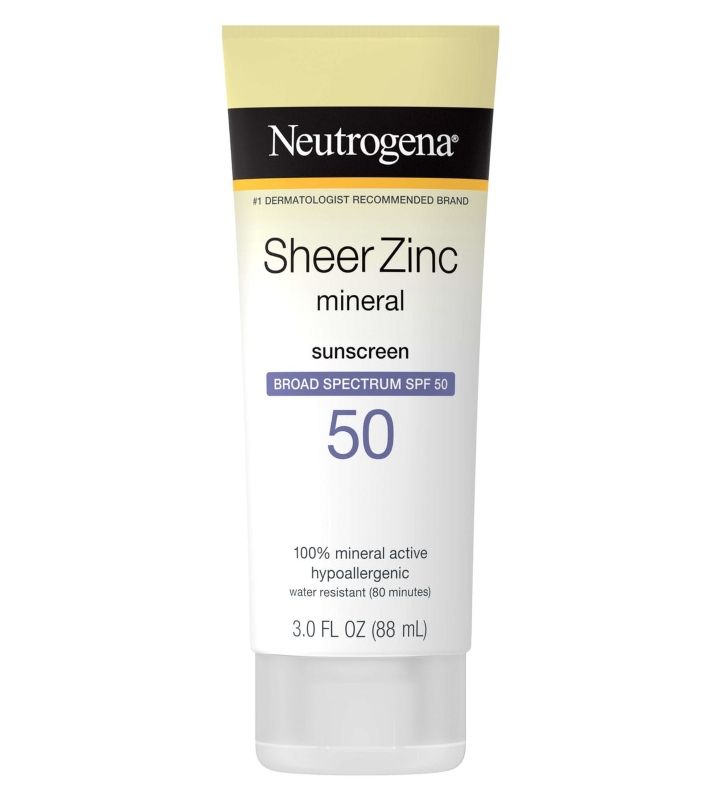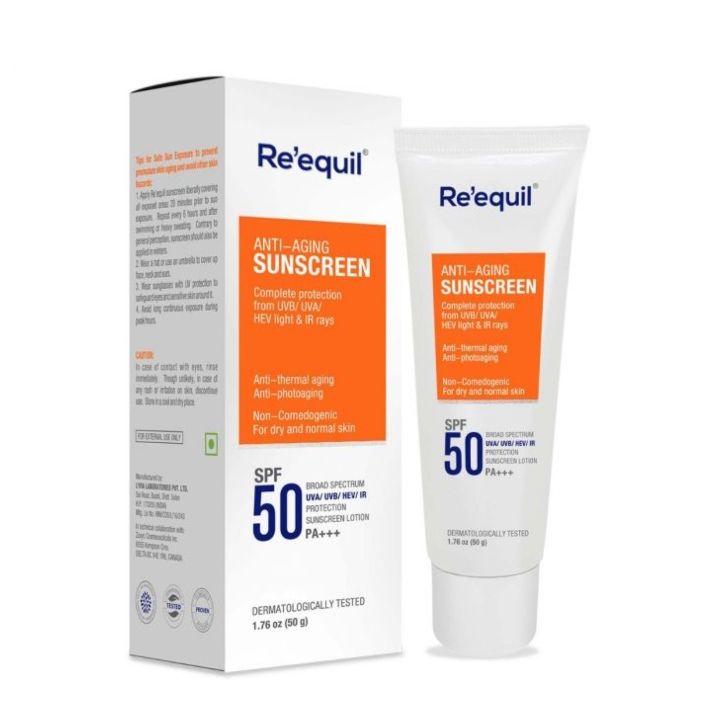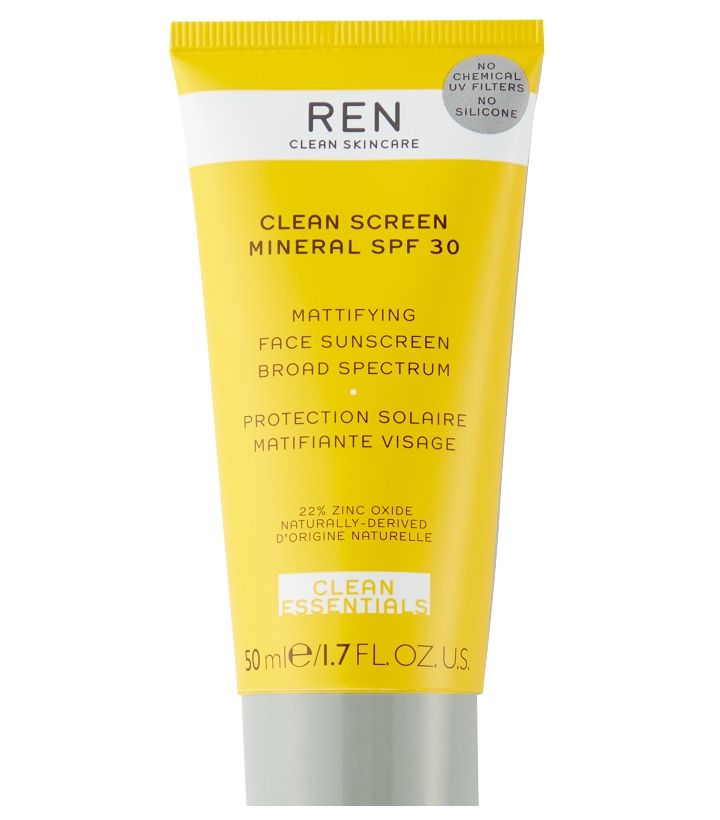Ask any dermatologist, and they’d say that their biggest skincare sin would be skipping sunscreen. In fact, all those fancy skincare products you use won’t be of any use if you skip wearing SPF. Not only does sunscreen protect your skin from the harmful UVA and UVB rays of the sun, but it also prevents premature ageing and further breakouts. However, sometimes some sunscreens contain toxic ingredients that only damage your skin, but they also harm the coral reefs. In fact, Hawaii has banned sunscreens that contain ingredients that harm the coral reefs. If your sunscreen contains any of these ingredients then it’s time to switch to one with safer ingredients:
1. Oxybenzone
This is probably the most problematic ingredient that’s found in sunscreens. Hawaii has banned this ingredient because it severely harms the coral reefs. Oxybenzone affects a coral’s ability to reproduce, and it is also linked to coral bleaching. Not only does oxybenzone harm the coral reefs, but it can also irritate your skin and cause allergic reactions.
2. Butylparaben
Butylparaben is an ingredient that is added to preserve the product and prolong its shelf life. This ingredient has shown to be toxic when it comes to coral health. It tends to bleach corals.
3. Octinoxate
Octinixate is a similar ingredient to oxybenzone, and that’s why Hawaii has also banned this ingredient. Studies show that this ingredient causes rashes, and it may cause problems in a person’s reproductive system and thyroid function.
Here are some clean coral-safe sunscreens that you should try out:

Neutrogena Sheer Zinc Dry-Touch Sunscreen Broad Spectrum SPF 50 (Source: www.neutrogena.com)

Re’equil Anti Aging Sunscreen (Source: www.amazon.in)

Ren Clean Screen Mineral SPF 30 (Source: www.cultbeauty.com)
Is your sunscreen safe for your skin and the environment? Let me know in the comments below.
Follow @missmalinibeauty on Instagram for more updates.

